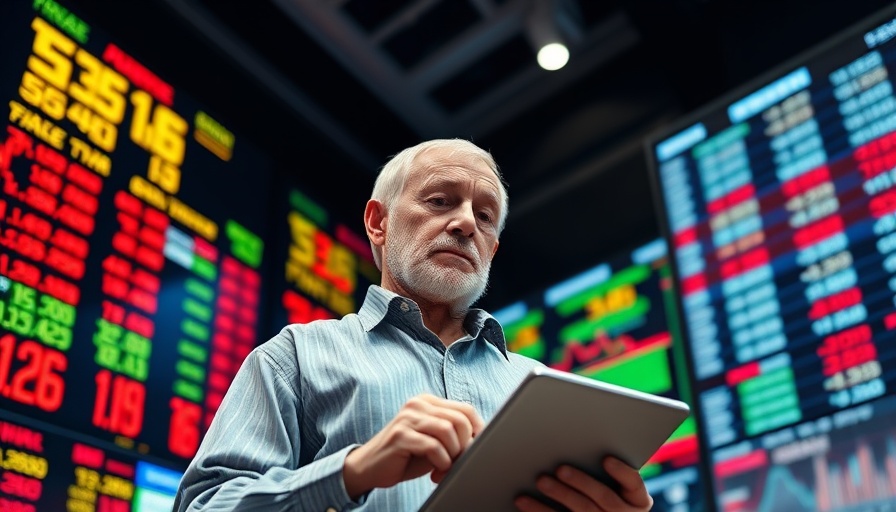
Venezuela's Economic Emergency: A Measure of Survival
Venezuela's President, Nicolas Maduro, recently made headlines by signing an economic emergency decree. This decision, a response to the country’s struggling economy, is pending approval from the national assembly, illustrating the precarious situation that Venezuela finds itself in. During a televised conference, Maduro emphasized that the decree intends to maintain economic balance amid rising trade tariffs and the cancellation of business licenses.
The Economic Landscape of Venezuela
The announcement of an economic emergency decree underscores the severe challenges facing Venezuela, as the nation grapples with hyperinflation, critical shortages of food and medicine, and dwindling oil revenues. The economic crisis has driven millions of Venezuelans to flee the country in search of better opportunities abroad, which also puts additional strain on neighboring countries and generates global implications.
Understanding the Impact of Tariffs and Licensing Issues
Under the new emergency measures, the government's intention is to navigate around tariffs that exacerbate the economic decline and to stall the effects of cancelled business licenses that further restrict economic activities. These factors have made it near impossible for many businesses to operate effectively, leading to reduced investment interests and a lack of faith in the banking system.
A Look at Broader Economic Indicators
The emergency decree comes as Venezuela's economic indicators continue to spiral downward. Inflation rates exceed 2,000%, leading to the devaluation of the local currency, the bolívar. This has prompted discussions about inflation protection investments, a topic that is crucial for investors interested in emerging markets. Understanding the nuances of investing in crises like Venezuela’s can provide valuable lessons for investment strategies elsewhere, particularly in similar economically volatile regions.
Why International Investing Matters
For investors, Venezuela's crisis cannot be ignored. As the nation symbolizes risks and rewards in international investing, it raises the question of how one can protect their portfolio during times of uncertainty. Sustainable investing, for instance, has gained traction among investors looking to make socially responsible investments, which can significantly withstand economic strife in certain contexts. Moreover, knowing how to approach cryptocurrencies and commodities can also become part of a strategy influenced by Venezuela’s economic trajectory.
Future Predictions for the Venezuelan Economy
As the international community watches closely, predictions for Venezuela’s future remain bleak without substantial internal reforms. Analysts suggest that until there is a significant change to political dynamics alongside economic restructuring, the prospect of recovery remains distant. This sentiment rings true for investors considering market timing and taking calculated risks in their investment portfolios.
The Role of Investor Awareness
For those interested in diversification, understanding economic indicators, including inflation rates and government policies, is essential. Investors need to be aware of how such government decisions impact industries and asset classes differently. Insight into real estate investment trusts (REITs), for example, can be vastly different in a stable country compared to one experiencing economic turmoil like Venezuela.
Conclusion: Taking Action in a Crisis
Maduro's emergency decree may be seen as a lifesaver or a last resort, but it is clear that effective management of this economic crisis is paramount. Investors must stay informed and adapt their strategies accordingly, whether that means considering alternative investments, adjusting risk management approaches, or exploring new opportunities. As market volatility continues to rise globally, knowing how to navigate these turbulent waters can benefit anyone looking to build and manage their wealth effectively.
 Add Row
Add Row  Add
Add 



Write A Comment